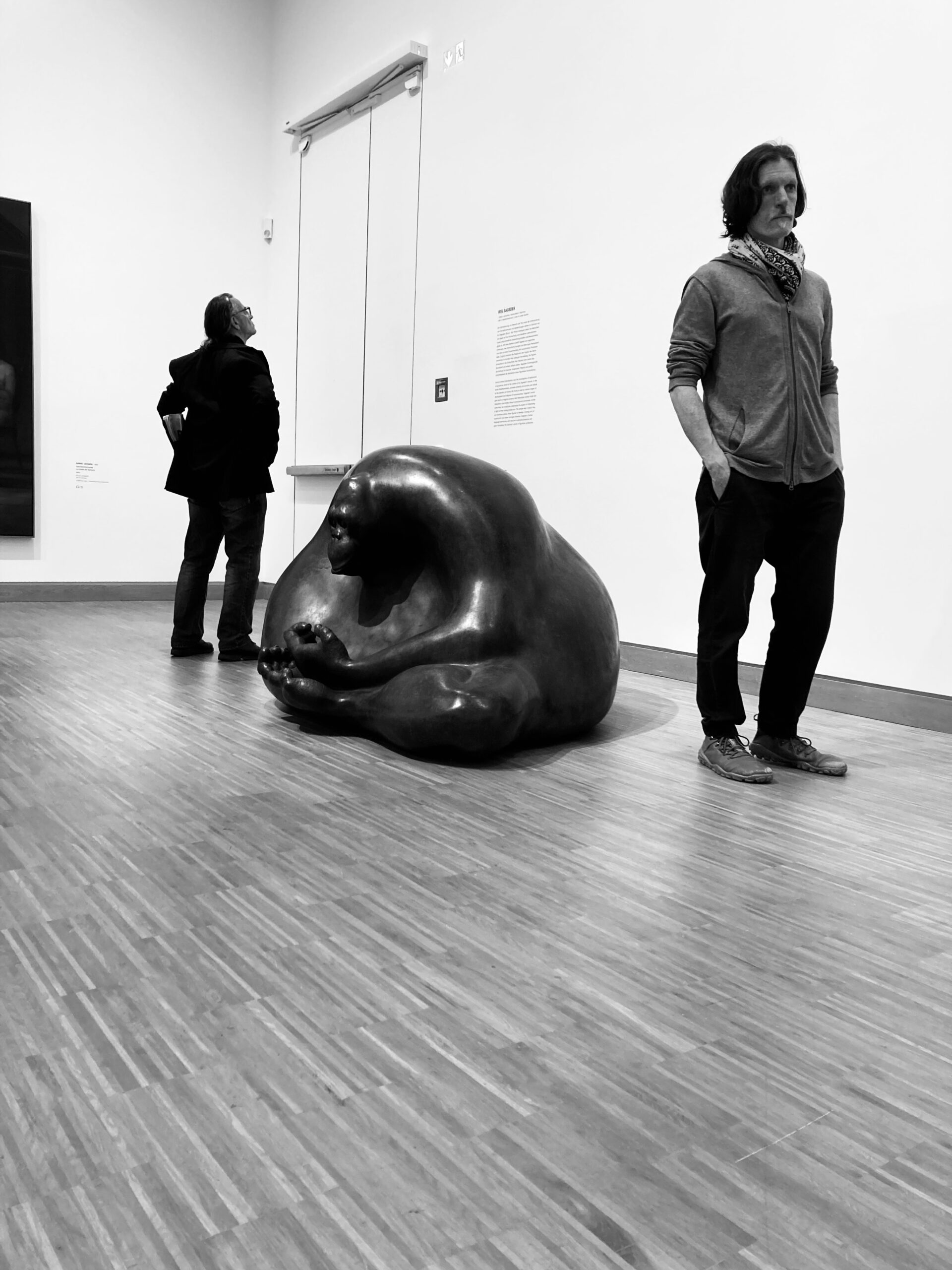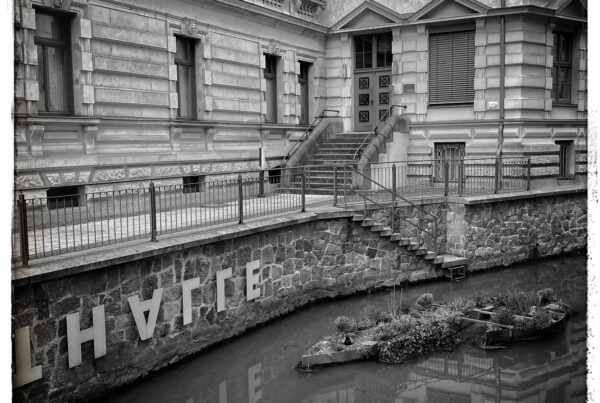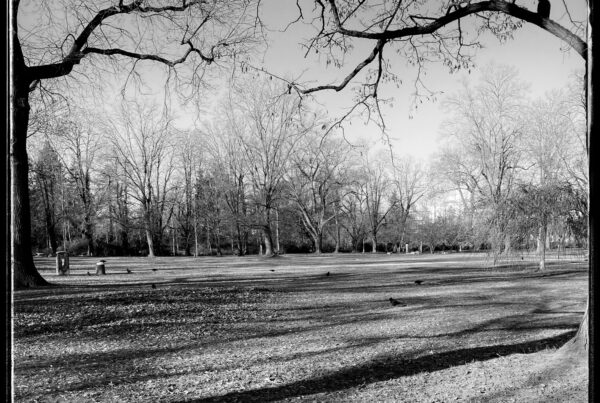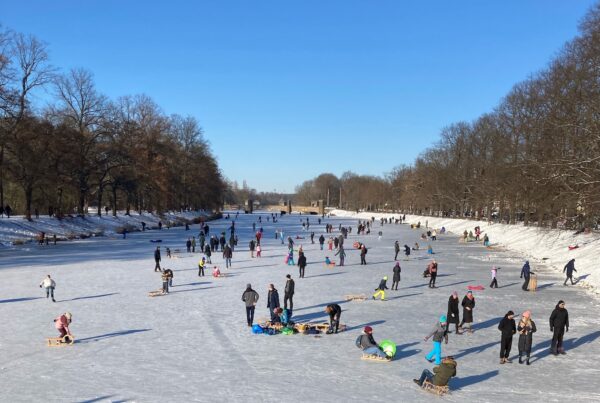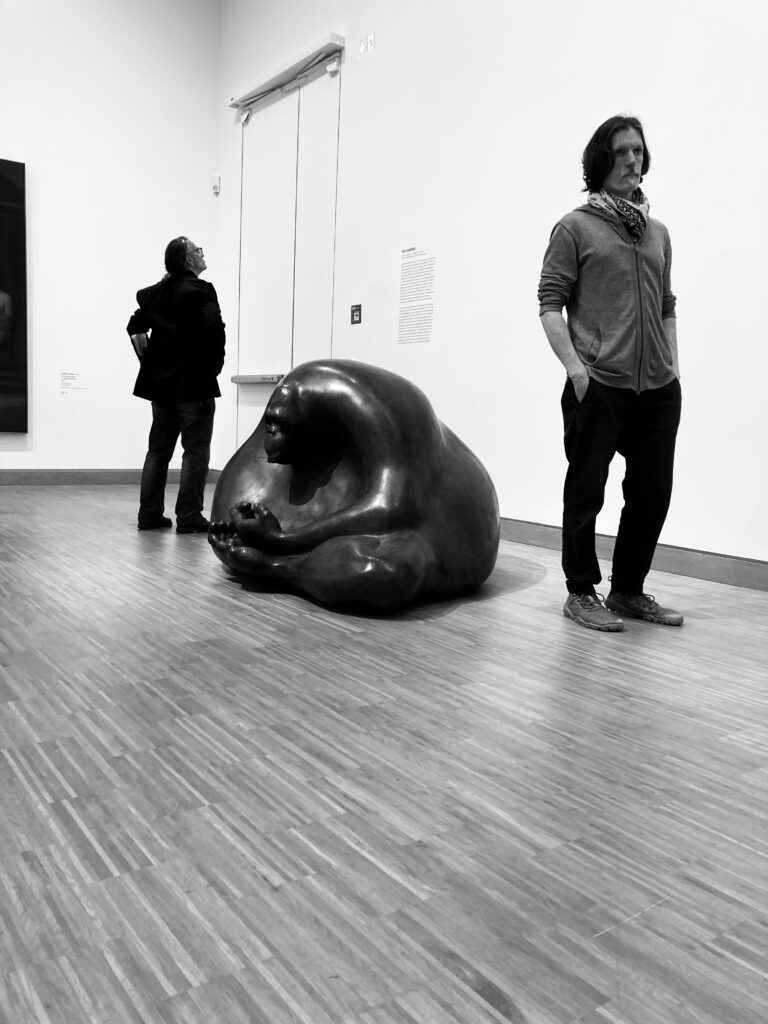
I’ve caught another bug: the sapient shivers. I don’t spot the symptoms at first. I think the tingly feeling in my scalp is just from cutting open a Hokkaido pumpkin whose insides look too much like a lotus flower seed pod. The nausea — well, I didn’t need that banana for pudding, did I? And the lethargy’s just late nights and long hours worked.
I begin to suspect it’s something else when, looking out the window, I catch myself giving a passer-by the stink eye. Hmm. I wait around for another to come along. Same thing, only this time I’m additionally annoyed that I had to stand there for five minutes. Could it be? I go to the bathroom and look in the mirror. Yep, even the sight of my own ape face is irksome. Damn. The misanthropy’s back.
I wander into the kitchen to check on supplies. Okay, we’ve got enough fruit, veg, and staples to last for several days. Dairy’s fine too. I shake the coffee bags. We’re good. No pressing need to venture out.
I make myself a soothing cocoa and other-world myself through writing. It’s a balm(*). But it’s not a cure. It’ll pass, I tell myself. We’ve supplies. There’s time.
The weekend draws near and The Mathematician tells me that the Euro-scene is on, a festival of international dance and theatre. It looks and sounds amazing, only …
“We can decide on the day,” she says. “You can tell me how you feel. We can just go for a walk in the woods, grab some food somewhere quiet. But if you do fancy it, I’ve bookmarked two great performances. I’ll send you the programme.”
She does. I get the sweats.
Saturday arrives and I’m really no better. I force myself to look at random pictures of people online, which goes reasonably well until I inadvertently click through to The Guardian and am appalled once more.
“What about cycling down to the woods and the river,” I say, “then making our way west to Schleußig or Plagwitz?”
She smiles and nods.
“We could get off our bikes and push, spend some more time enjoying nature. Nice and peaceful.”
“Nice and peaceful,” I repeat. “Sounds great.”
“Oh, we could go to Chulo! We haven’t been there for ages.”
“Mmm, I quite fancy Nepalese food. Alright, we’ve a plan. Oh, and we could walk from Chulo to the coffee roasters and eat some cake.”
Her eyes light up beautifully. “Yes!”
And that’s what we do. The woods are a riot of colour and quiet. The river’s serene. There aren’t too many people about, and one who passes me in the Auwald smiles with genuine warmth.
“The first one on your list” I say, over coffee and cake. “What was that again?”
“The first performance? Well, it’s called ‘Non-Aligned Newsreels’ by Mila Turajilic, and it’s about the Non-Aligned Movement.”
“What’s that?”
She shrugs.
“I’m not sure, but Mila’s doing a live documentary performance, and—”
“I want to go,” I say. “It sounds interesting.”
“Are you sure?”
“Yes. I still really don’t feel like being around people, but I don’t want that to dictate my day. I’m sure it’ll be great. And the one after it, too.”
“Well, I mean, yeah, but … what about the shopping?”
“We’ll wing it — make a ragout of what’s left. It’ll be yum. Oh, and we could walk to the first event along the canal. If we leave soon, we’ll have time. And it’s still light.”
It saw itself as an alternative to the power blocs of the Cold War, fought for decolonization, disarmament and anti-racism.
The walk’s very pleasant, and the event is astonishing. We both realise how little we know about Yugoslavia, and are ashamed we know nothing of the Non-Aligned Movement. Here’s an excerpt from the programme:
“With the collapse of Yugoslavia, the legacy of the Non-Aligned Movement also fell into oblivion. This international alliance was founded in 1961 in Belgrade at a conference attended by 25 nations and 17 liberation movements, including representatives from India, Indonesia, Egypt and Algeria. It saw itself as an alternative to the power blocs of the Cold War, fought for decolonization, disarmament and anti-racism – and yet remains largely unmentioned in Western historiography.”(**)
We stay for the discussion afterwards. It’s invigorating, and I feel my faith in humanity has been (to an extent) restored. We realise, when we leave, that we’ve missed the second performance. A shame — it would have been good, but this was great. We talk about it all the way home.
I bet they want more light.
Home may be where the heart is, but it’s also where the trees are. The view from our building’s not just pavements and people. Between two of the buildings opposite is a path to a tucked-away house. It’s lined with lovely tall trees (three stories high) that are themselves often lined with birds and song. And they just cut half of them down.
I think all the noise is just a few guys trimming branches, and it is, to begin with. Then, to my horror, they hack the whole thing down.
“I bet they want more light,” says The Mathematician. “The trees are blocking some of the windows.”
“But …”
“It’s private land. Not a city decision.” She throws up her hands. “People.”
People. I listen for hours to sawing and chipping. I don’t have a choice. I’m relieved when they leave and see three trees still standing. Beside them are three sorry stumps.
I feel a familiar tingling in my scalp.
—
(*) Not always: stories are often full of people . Yep, even the made-up folk get my goat sometimes.
